All the Ways Coronavirus Has Impacted Disney
The Walt Disney Company can’t catch a break right now. You’ve undoubtedly heard that the pandemic has impacted Disney as much as any business on the planet.
In fact, the totality of this assault on Disney’s core business is truly remarkable. Let’s examine all the ways that Coronavirus has hurt Disney…and the lone bright spot.


Sleeping Beauty Castle at Disneyland Paris
Image Credit: Disney
Advertising Revenue
Since Disney acquired ABC in 1995, the company has dominated television ad revenue. Seriously, the depth and scope of Disney’s holdings would blow your mind.
The Disney Channel and its companions, Disney XD and Disney Junior, dominate children’s programming. However, their advertising aids Disney’s vertically integrated branding more than anything else.
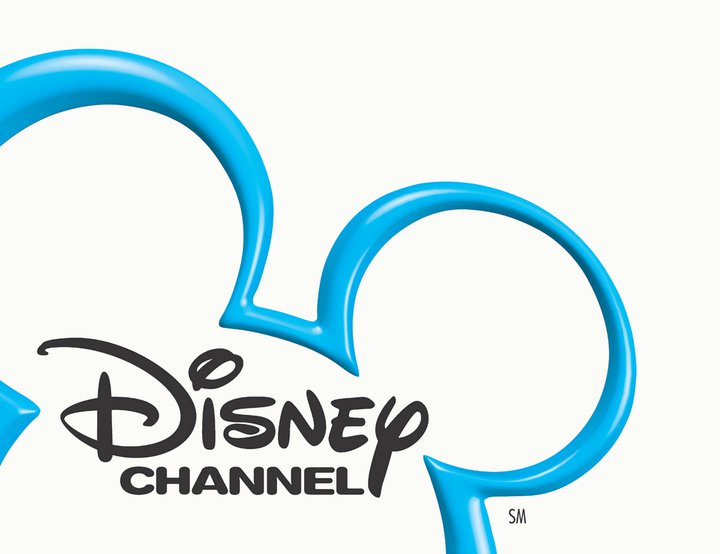

Most commercial blocks combine with a third-party vendor’s toys and products along with Disney’s self-marketing machine, which is an impressive entity.
Disney’s primary advertising revenue comes from ABC and ESPN. It owns other channels, though.
In fact, one of the strengths of the Fox acquisition was the combination of FX and National Geographic Channel. Along with Freeform, that’s an excellent trio of cable channels that appeal to advertisers.
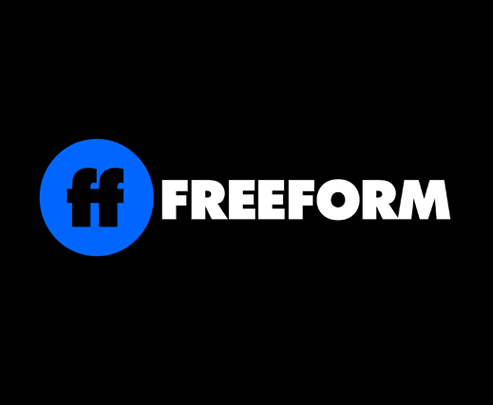

ABC and ESPN haven’t been so lucky. Several network programs had to stop filming due to Coronavirus. And the NBA playoffs would have been a lucrative source of revenue for the network and cable channel alike.
Speaking of which, all professional sports are on hold. For this reason, ESPN has suffered as much financial devastation as anyone.


The way that cable programming works, many advertisers pay in advance. ESPN sells its programming based on an expected viewer level and then provides make-good ads when they sell short.
So, yeah.
With everything on hold, ESPN programmers were reduced to showing old Wrestlemania events until The Last Dance came along.


That one Michael Jordan documentary has helped ESPN mitigate some of its losses. The overall picture is still brutal, though.
Media Networks, aka the television division, grossed $46.7 billion over the past two years. That’s an average of $5.84 billion per quarter.
During the fiscal second quarter, Disney’s totals were actually up in Media Networks. Thanks to the Fox acquisition, this division managed $7.26 billion.


Photo Credit: 20th Century Fox
Unfortunately, the number could be more than $1 billion lower this quarter due to all the lost sports advertising revenue.
Advertisers still pay the most for live broadcasts, the time when they have a captive audience. With all professional sports on hold, Disney has ceded all that income.
Cruises
Did you follow the ongoing saga of Riley Tench on YouTube? Since he only has about 12,000 subscribers, you might have missed it, but it’s mesmerizing.
Tench was one of the thousands of unfortunate cruise ship workers who got blindsided by Coronavirus.
As his videos have chronicled, Tench lost his dream job. Royal Caribbean furloughed him, but he couldn’t leave his ship.
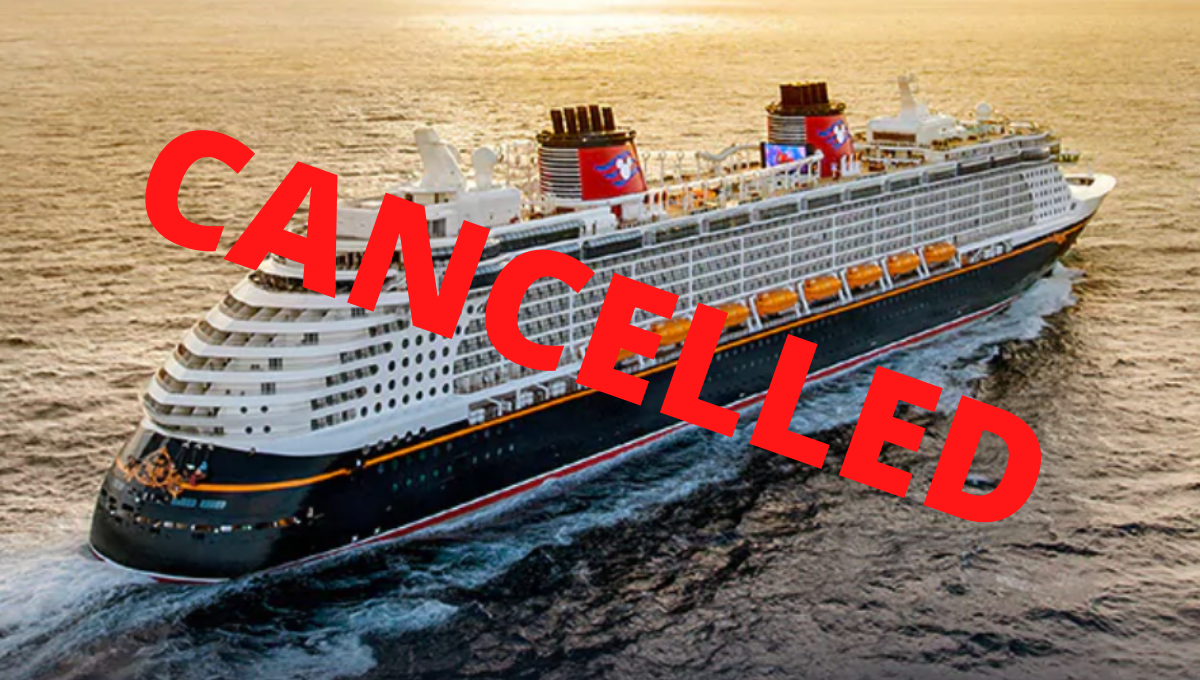

Stuff like that should only happen on Black Mirror, but that’s the world we live in right now. And Disney’s certainly not immune to it.
Starting on March 13th, Disney Cruise Line canceled all its cruises for the month. And then the company did the same for April…and May…and June…and nearly all of July.


A few months ago, Disney executives were bragging about the billion-dollar cruise ships that they were having manufactured for 2021 and 2022. Now, those plans are on hold.
Right now, the entire cruise industry has suffered an unprecedented setback. So, this problem isn’t exclusive to Disney, but it’s nonetheless devastating.


A couple of years ago, someone calculated that Disney Cruise Line earns $1,788 per minute!
With the service shut down for a minimum of 135 days, that’s a potential loss of roughly $350 million! Ouch.


Image Credit: Disney Cruise Line
Also, once we factor in other aspects like refunds, unexpected pandemic-related expenses, and the like, the total is probably quite a bit higher. I wouldn’t be surprised if it’s half a billion or more.
Movies
Since 2017, I’ve posted quarterly articles evaluating Disney’s earnings reports. One of the staggering stats comes from Studio Entertainment, i.e., the movie division.


Photo by Mint Images/Shutterstock (10207579a)
During the fiscal years of 2018 and 2019, Disney earned a staggering $21.2 billion from its theatrical releases and home video earnings.
In other words, Disney has reliably accrued more than $5.3 billion per fiscal quarter for two calendar years. For the fiscal third quarter of 2020, Disney’s earnings will fall closer to zero.


As you know, movie theaters are closed around the world. The shutdowns started in China and eventually worked their way west. Meanwhile, attempts at reopening theaters in China failed miserably.
One of my favorite box office stats ever happened recently. The first returning Chinese theaters averaged LESS THAN one ticket sold per screening. They were mercifully closed again after that.


American movie theaters are eyeing a return in July or possibly August. When they do come back, they may not do any better.
Now, Disney’s Studio Entertainment division claims other sources of income. Home video and digital purchases fall into this category.


However, the overwhelming majority of earnings come from theatrical releases, of which there have been none since mid-March.
The releases of Mulan and Black Widow should have brought in another $1 billion each. So, Disney’s out at least half a billion a month here. Based on recent history, the average is more than $1 billion, though.

Theme Parks
I mean, do I even need to go into detail here? We all know the deal…and the deal suck-diddly-ucks.
Disney’s bread and butter is the Parks, Experiences and Products division. It’s not a coincidence that the new CEO, Bob Chapek, recently headed this division. It’s where all the money comes from.
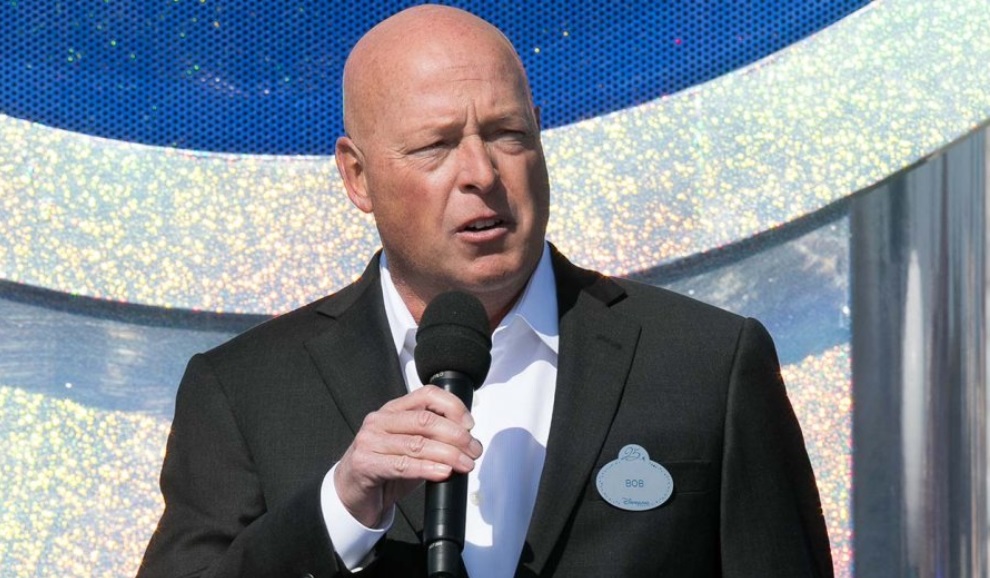

Photo: Marc Piasecki/Getty Images
Over the past two fiscal years, Disney has grossed $50.9 billion from this part of the business. Also, I should mention that Disney Cruise Line revenue gets counted here.
So, you can already tell that some of the income doesn’t come from the parks. They’re the anchor products, though.


For the fiscal second quarter of 2020, this division’s earnings fell by 10 percent. Folks, that hadn’t happened in…a while.
You know the reason why. Disney receives income from all six of its parks, even the ones that the Oriental Land Company owns and operates.


When those parks closed, Disney lost its golden goose.
In fact, when Disney reports its fiscal third-quarter numbers, it’ll be a “hide your eyes” entry on the Parks division spreadsheet.
At least three Disney parks won’t report income for this quarter, as they’ve been closed the whole time. Shanghai Disneyland will only earn about a quarter of what it usually has, and Hong Kong Disneyland will throw far under that.


Then, there’s Walt Disney World and Disneyland, neither of which has a confirmed reopening date yet.
So, Coronavirus has already cost Disney $1 billion during the fiscal second quarter. It’ll probably triple that for the current three-month period.

Disney+
Okay, now that we’ve discussed all the bad stuff, let’s focus on the positive.
A year ago, I was describing Disney’s hope for the alleged Netflix killer. Most observers questioned whether Disney could reach its goal of 10 million subscribers in a year.
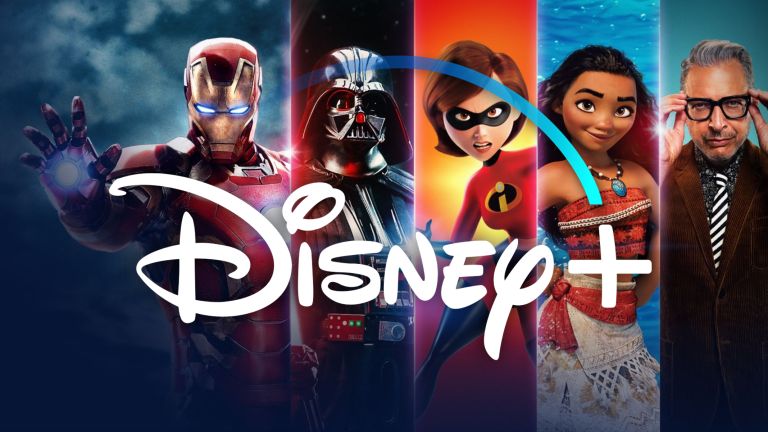

For a new streaming service, 10 million subscribers in 12 months is an outstanding total. Well, what’s 54.5 million in five months? That’s the question we’re left answering as Disney+ has destroyed expectations.
Since Disney’s using programming that it owns, the company keeps almost all of the revenue it earns. Bob Iger indicated that Disney receives $5.56 for every $6.99 subscription each month.
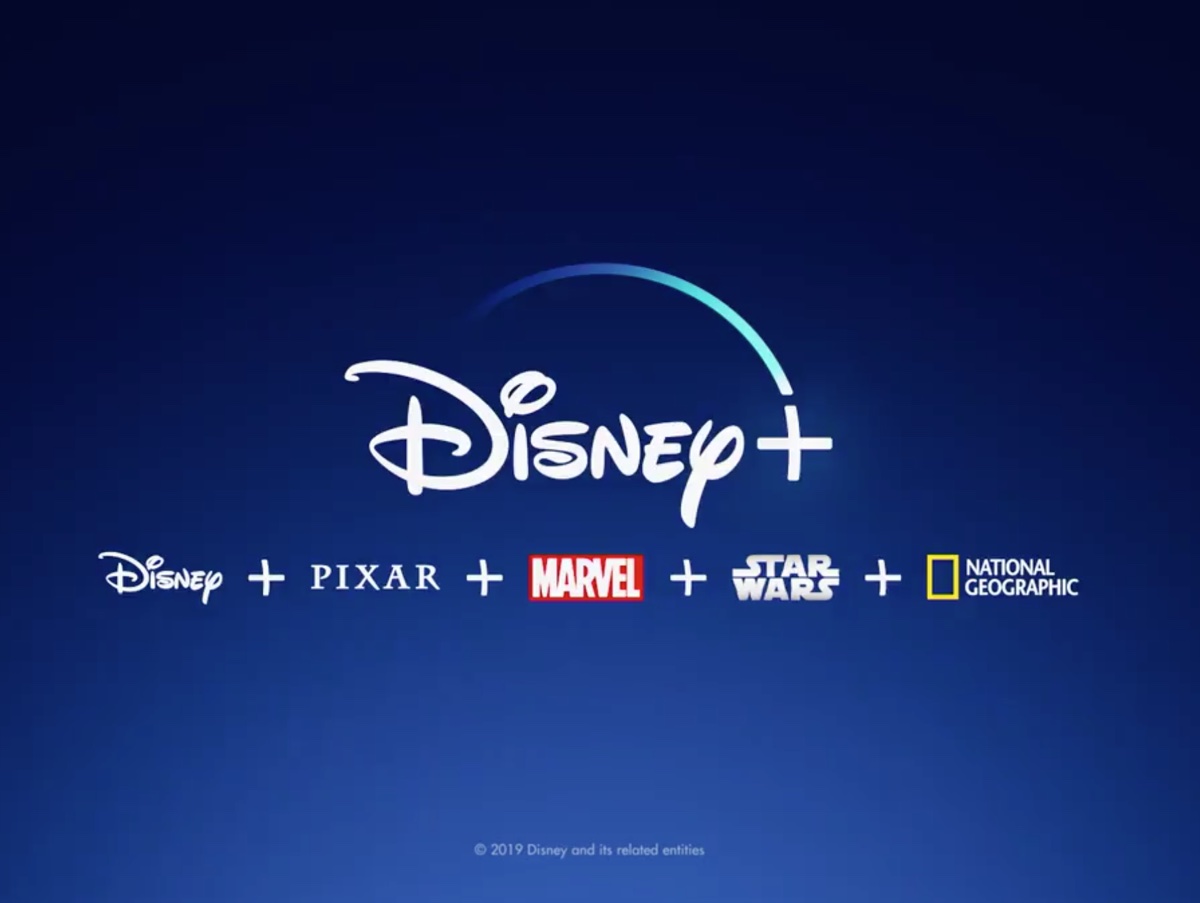

So, Disney+ nets 80 percent of what it makes. That’s why Disney executives are throwing everything they’ve got into expanding subscriber numbers for the service.
Every million subscribers means nearly $67 million in profit. That’s Disney’s lone bright spot during the pandemic.
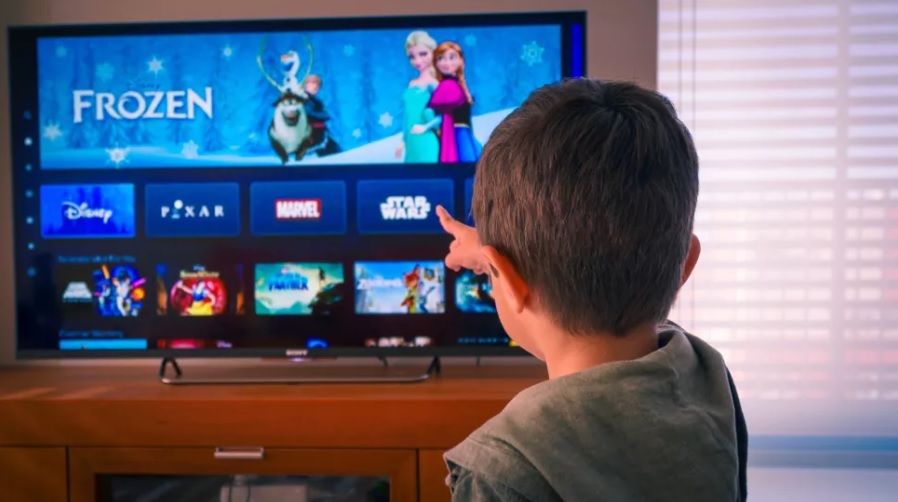

With so many people spending a historic amount of time at home, they’re realizing how great Disney+ is.
Beyond that, well, the pandemic’s attack on Disney feels pointed and cruel.










